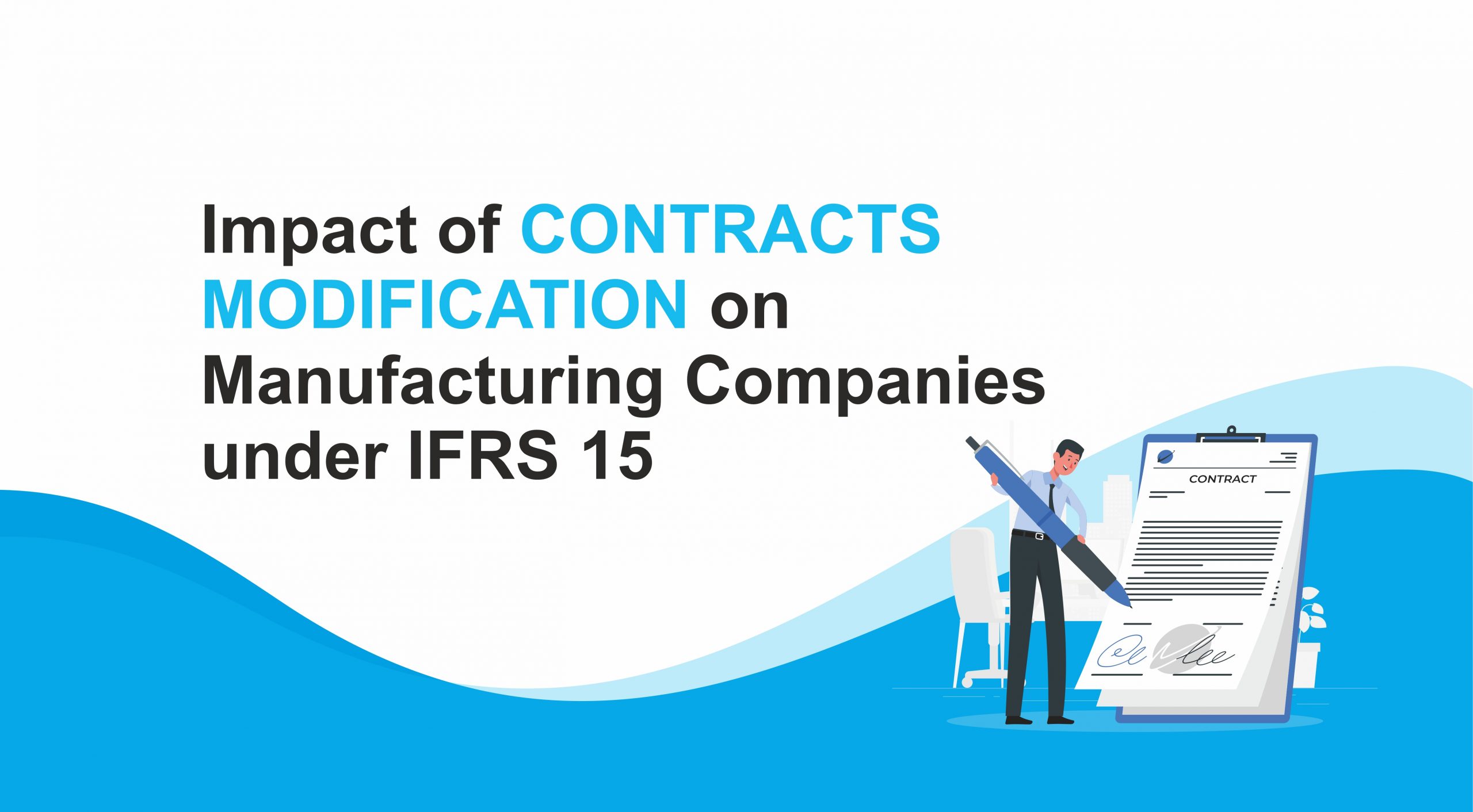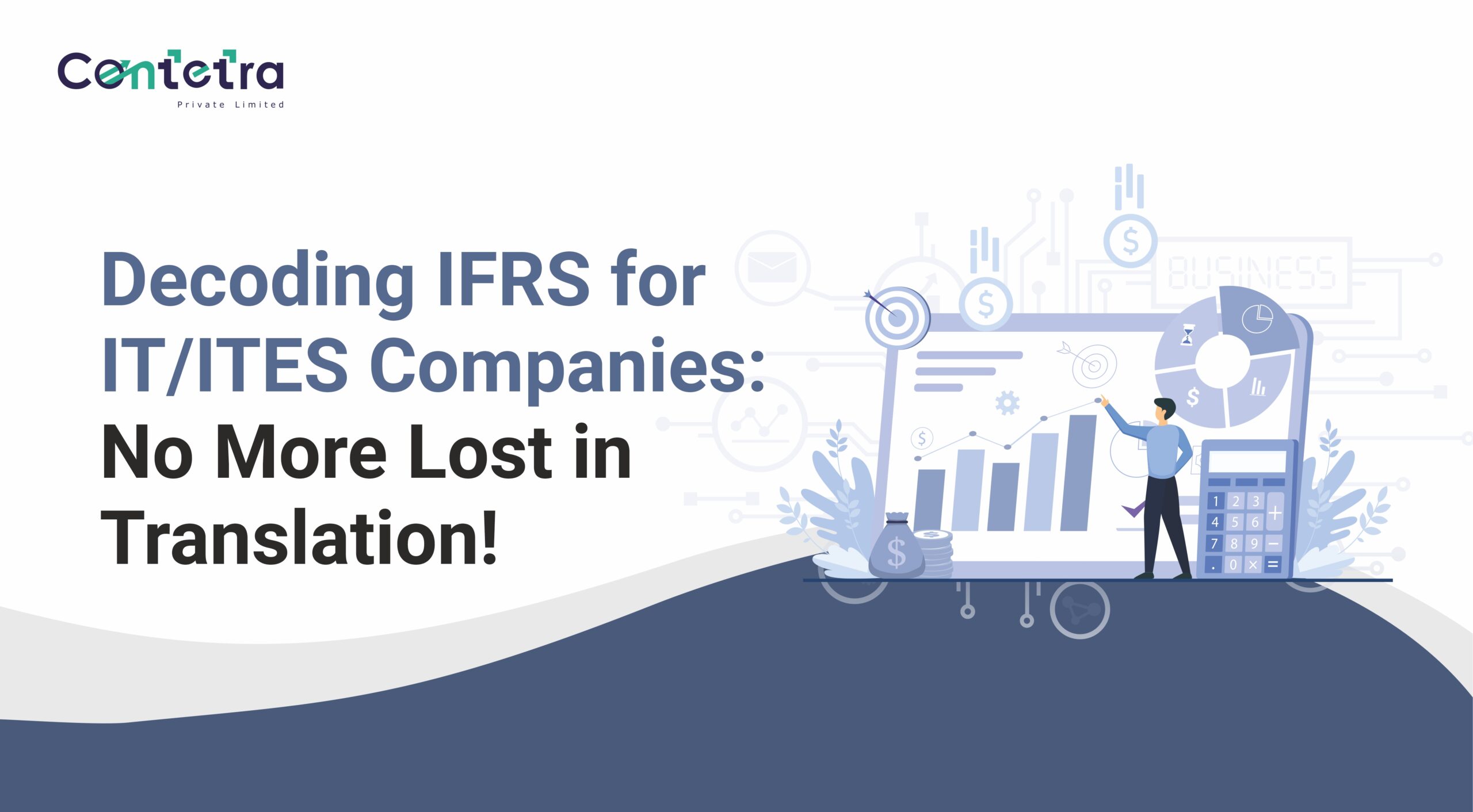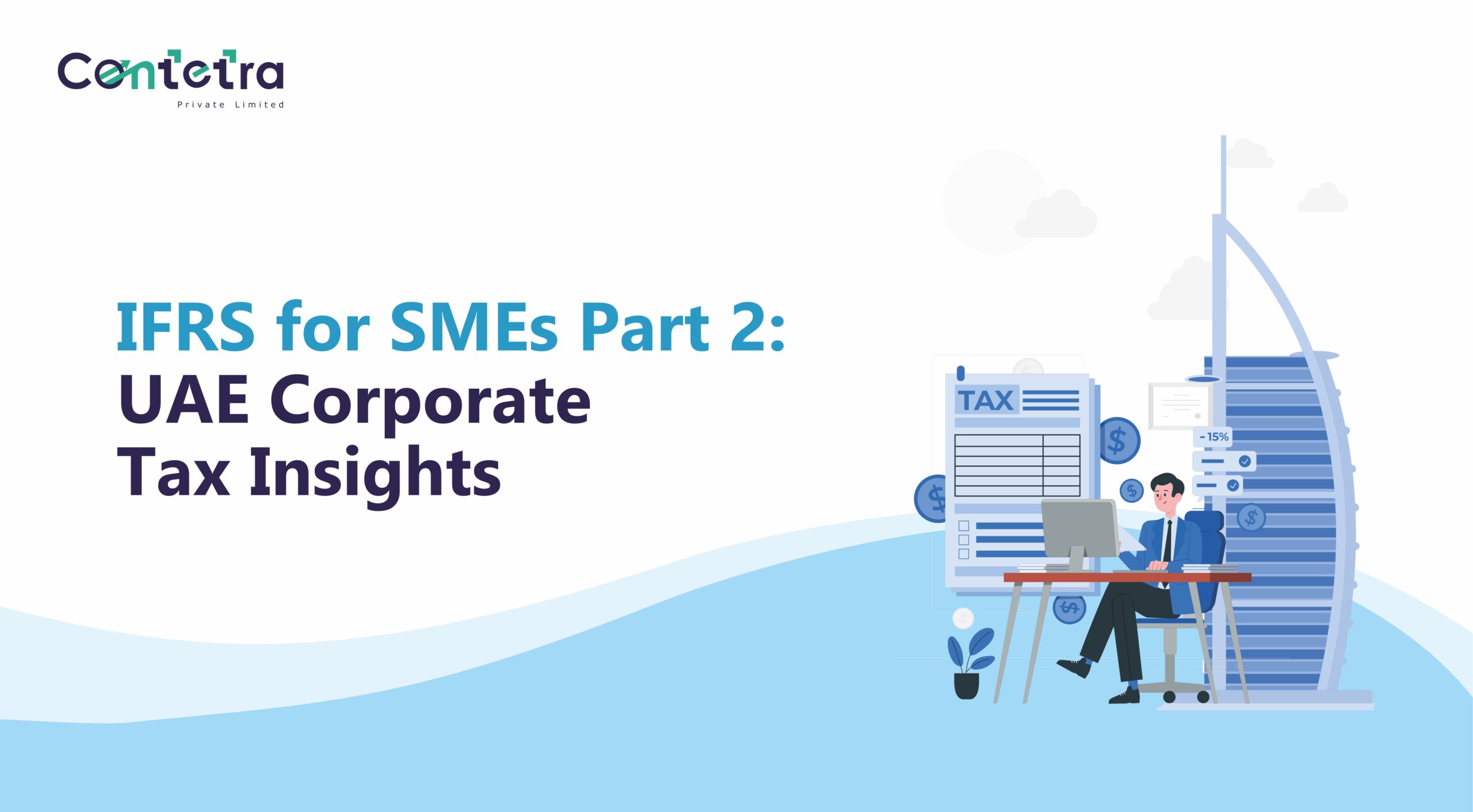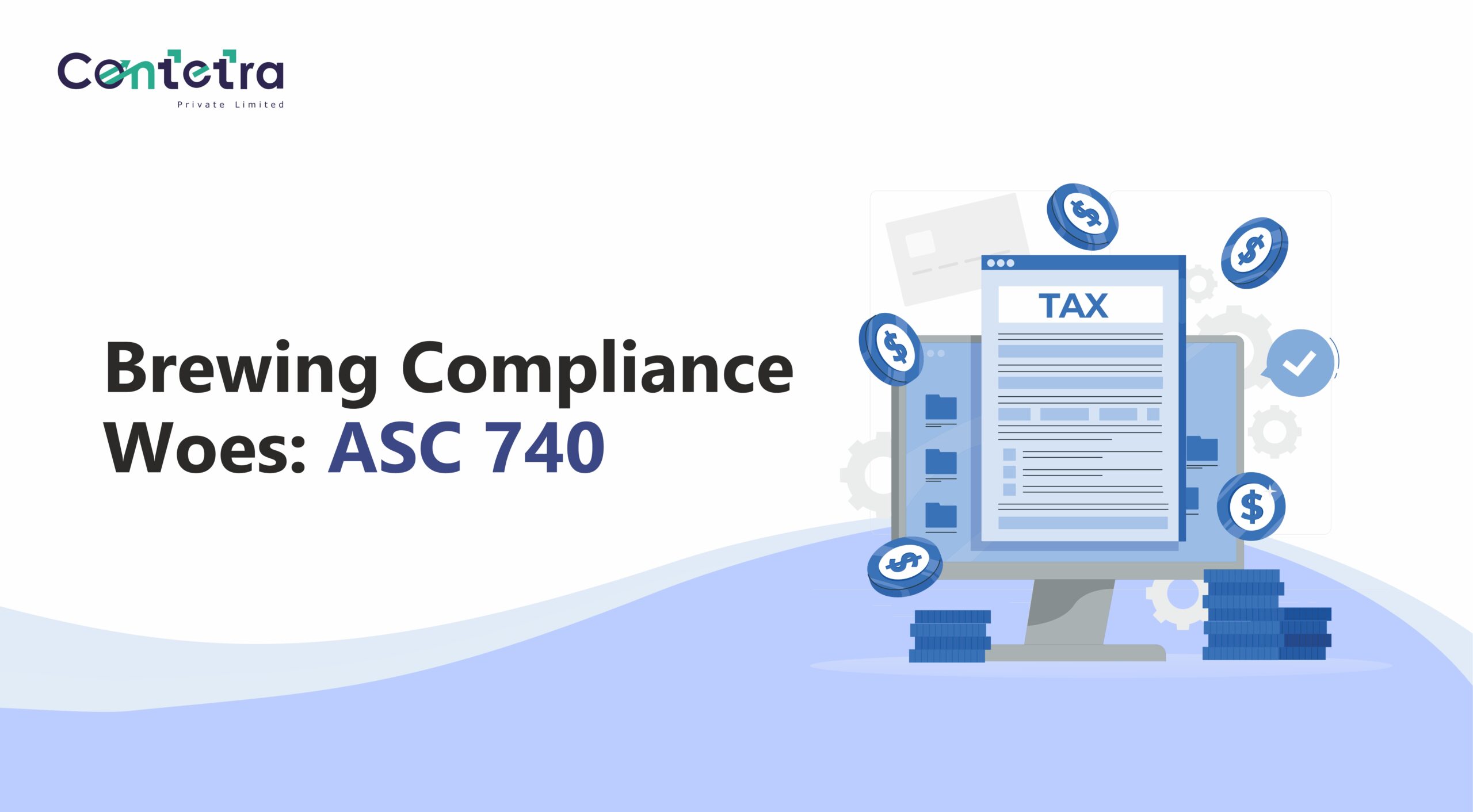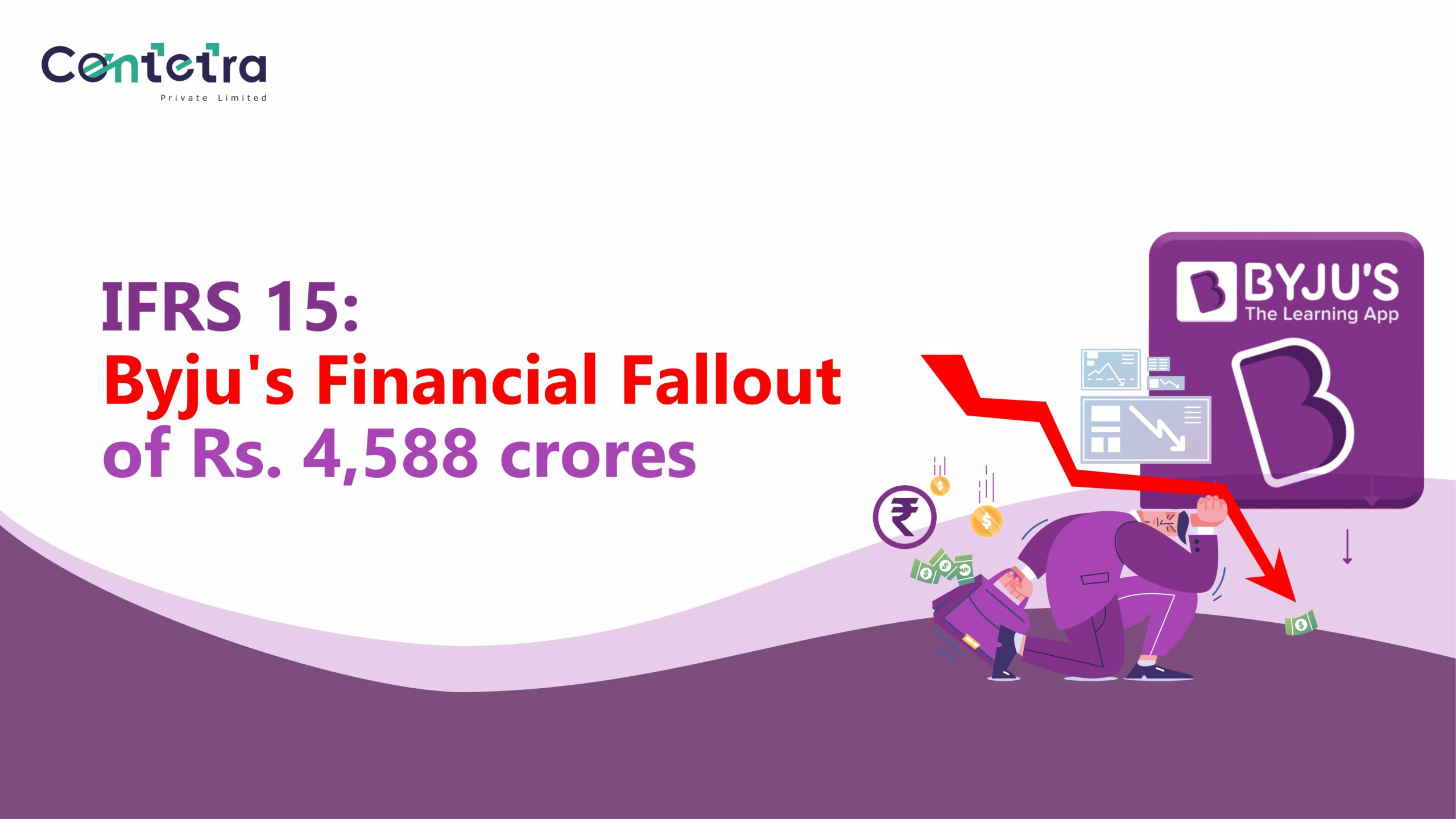One of the critical IFRS standards, IFRS 15, is based on the revenue from contracts with customers. While the ultimate goal of this standard is to achieve revenue recognition, there are different criteria that need to be fulfilled for the same. For example, the important things to be in order are as described under:
- The selling price is fixed or determinable from the company to the customer
- A reasonable evidence of the arrangement is in place between the company and the consumer
- Final rendering of services or delivery of products has happened
While many companies still do not realise the impact of IFRS 15, it is crucial to note that companies belonging to different sectors may have to focus on different aspects of this important IFRS standard. Say for manufacturing companies, there will be cases when they are required to deliver their total order in short bursts – i.e., delivering some quantity at regular intervals of time, especially for very large orders. Let us understand the potential impact of IFRS 15 on a manufacturing company that has a contract in place with a customer for one of its products and then the contract undergoes modification for the same product.
Scenario
Take for example, a manufacturing company ABC that produces office chairs. It has an order of 900 chairs for total cost of INR 9,00,000 (INR 1000 per chair) from two different IT companies XYZ and DEF. For these orders, there is one contract each in place between ABC and the respective companies XYZ and DEF. Considering the magnitude of the order, the manufacturer (ABC) agrees to deliver equal number of chairs in 3 separate phases (over next three months) – making it 300 chairs per delivery for both the customers.
Now, after the first delivery of 300 chairs, XYZ demands for an additional 300 chairs over and above the earlier order of 900 chairs. For this additional order, ABC offers a volume discount to XYZ (a discount it normally offers to most of its clients ordering similar quantity of chairs), making it INR 900 per chair (total INR 2,70,000 for 300 chairs). So, they modify the contract for a total order of 1200 office chairs.
At the same time, after first delivery of 300 chairs, DEF demands for the same number of additional chairs (300) over and above the initial order of 900 chairs. Now, ABC decides to give a better volume discount to DEF as it expects more bulk orders from this particular client. So, it decides to offer the additional 300 chairs at just INR 800 per chair (total INR 2,40,000 for 300 chairs).
In such a scenario, how will the revenue be accounted for from the contract between ABC and XYZ, as well as from the contract between ABC and DEF, considering the entire order gets delivered that year?
Under Earlier Guidelines of IAS 18
In case of IAS 18, the revenue for the order delivery is taken into account at the time of delivery, and there is no requirement to consider stand-alone selling price of the products for the add-on order.
Revenue for that year (under IAS 18) from contract between ABC and XYZ =
INR 9,00,000 for the initial order of 900 chairs + INR 2,70,000 for the additional order of 300 chairs = INR 11,70,000 (for all the 1200 office chairs delivered)
Revenue for that year (under IAS 18) from contract between ABC and DEF =
INR 9,00,000 for the initial order of 900 chairs + INR 2,40,000 for the additional order of 300 chairs = INR 11,40,000 (for all the 1200 office chairs delivered)
Under New Rules of IFRS 15
In case of IFRS 15, this typical contract modification can be classified into two types:
1.Separate Contract
2.Not a Separate Contract
The contract modification is considered as a separate contract (original contract is considered as it is) when the following is fulfilled:
- The add-on products / services in the contract modification should be distinct from the products / services in the original contract.
- Amount considered for the products / services in the additional order should reflect the stand-alone selling price of those products / services.
If any or both of the above two criteria for a separate contract are not fulfilled, then, the contract modification is not a separate contract.
For the above scenario, the first criteria is met since the office chairs in the additional order are distinct from the ones in the initial order. So, the revenue recognition for the order from companies XYZ and DEF depends wholly on the second criteria about the amount of products (chairs) reflecting their stand-alone selling price.
For XYZ, the discount offered is a standard one which the manufacturer generally offers to every customer ordering this number of office chairs. Here, the price quoted in the add-on order reflects the stand-alone selling price of these office chairs. Thus, the subsequent contract modification is considered as a separate contract (resulting in the price change being considered only for the additional chairs ordered) and we have the calculation as under:
Revenue for that year (under IFRS 15) from contract between ABC and XYZ =
INR 9,00,000 for the initial order of 900 chairs + INR 2,70,000 for the additional order of 300 chairs = INR 11,70,000 (for all the 1200 office chairs delivered)
However, for DEF, the discount offered is much higher than the normal discount that the manufacturer offers generally to its customers, because it expects a long- term association with DEF. So, in this case, the price quoted for the chairs in the add-on order does not reflect their stand-alone selling price. Thus, the subsequent contract modification is considered as not a separate contract, but a part of the original contract itself. In simple words, the price change becomes applicable not only for the additional chairs ordered, but also for the chairs ordered as part of the original contract that were not delivered at the time of contract modification. So, we practically have to consider the revenue recognition before contract modification and after contract modification as under (for contract of ABC with DEF):
- Before contract modification
Transaction price = INR 3,00,000 for the 300 chairs delivered from the initial order (before contract modification; at INR 1000 per chair)
2. After contract modification
Overall Transaction price = INR 6,00,000 for the 600 chairs that were undelivered from the initial order (at the time of contract modification; at original price of INR 1000 per chair) + INR 2,40,000 (for the additional 300 chairs at discounted price of INR 800 per chair) = INR 8,40,000 for 900 chairs delivered after the contract modification
Thus, the price per chair post contract modification comes out to be INR 933. 33 ( 8,40,000 / 900). Thus, final revenue recognition for contract modification between ABC and DEF is done as under:
Revenue for that year (under IFRS 15) from contract between ABC and DEF =
INR 3,00,000 for the 300 chairs delivered from the initial order (before contract modification; at INR 1000 per chair) + INR 8,39,997 for the 900 chairs delivered after contract modification (at INR 933.33 per chair)
= INR 11,39,997 (for the total 1200 chairs)
Final Takeaway
Upon above comparison, the total revenue for contract between ABC and XYZ is the same under IAS 18 and under IFRS 15. And it is the same case for contract between ABC and DEF. So, what has been the impact of IFRS 15? Well, the timing of revenue is quite different. And this can have a significant impact on the taxes, financial ratios, dividends, etc. And as a manufacturing company, you need to be cautious about several things such as:
-Whether to recognize revenue over a period of time or at that point of time?
-How to take into account the contract modifications?
-How do you offer volume discounts to your customers?
To learn IFRS 15 and other IFRS standards from the industry subject matter experts, do check out our IFRS Acumen and Diploma in IFRS courses.
Cheers!
Ramanujam Narayan
Business Head – Finance First | CFO – ConTeTra Universal LLP






